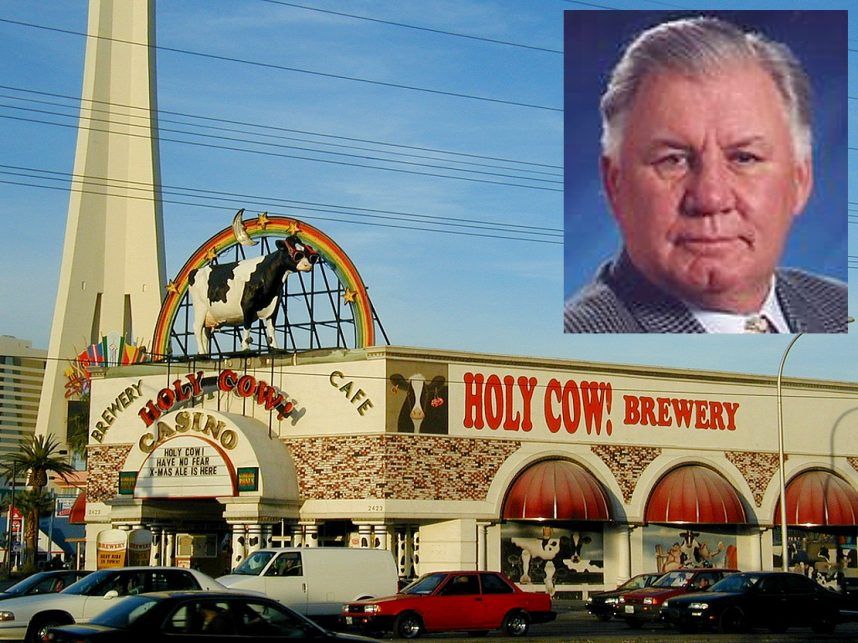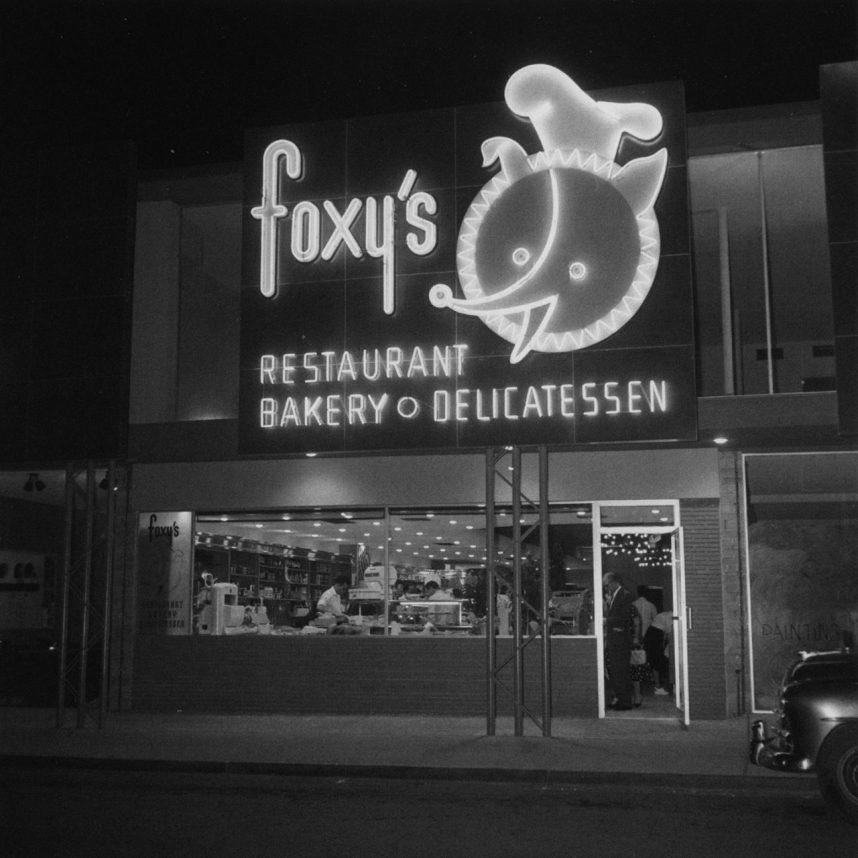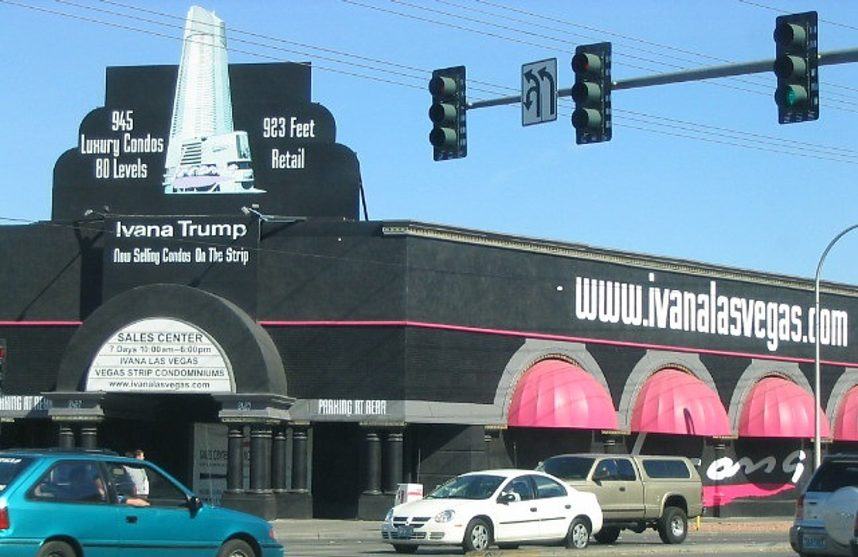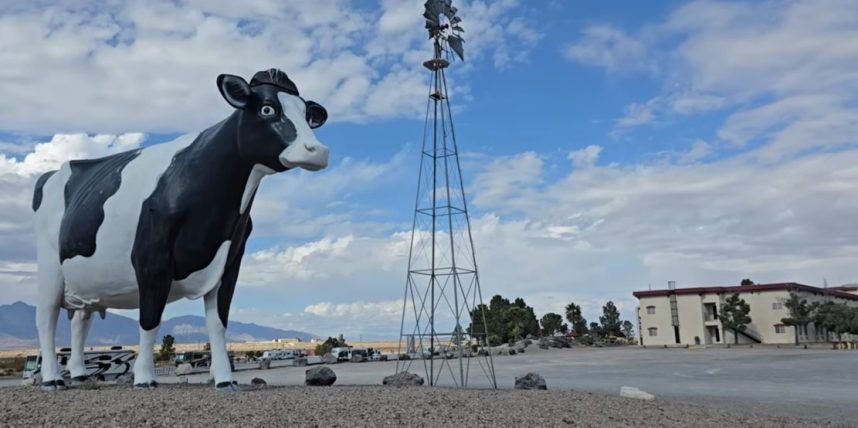Published on: November 29, 2024, 06:13h.
Last updated on: November 29, 2024, 06:18h.
The establishment that hosted the Holy Cow Casino and Brewery, positioned at the intersection of Sahara and the Strip, etched Las Vegas history due to a couple of significant reasons.

In 1955, five years prior to the official desegregation of the Strip, the location was inaugurated as Foxy’s Deli, marking the premier restaurant on the Strip to openly cater to Black patrons. The proprietor, Abe Fox, a Jewish individual, was an early supporter of the local NAACP and strongly advocated for equality.

Abe and his son, Jerry, supplied food to notable Black artists like Louis Armstrong and Nat King Cole, who resided in concealed cottages behind the Sands, where they performed but were restricted from dining, gambling, or swimming.
In 1975, Fox sold his deli to Moe Dalitz, the renowned former manager of the Desert Inn and Stardust, who also took control of the Flamingo post-Bugsy Siegel’s tragic death in 1947.
Dalitz transformed it into Foxy’s Firehouse, which operated until 1988, one year prior to Dalitz’s passing.
Sacred Cow
In 1989, ex-NFL linebacker Tom “Big Dog” Wiesner traded his share in the Marina Hotel to casino mogul Kirk Kerkorian, who integrated the Marina into the present-day MGM Grand. Wiesner utilized the proceeds to revive Foxy’s Firehouse as a new casino in 1992.
Wiesner, a native of Wisconsin who adored the nearby Chicago Cubs, christened it Holy Cow, drawing inspiration from famed Cubs announcer Harry Carey who would exclaim “Holy Cow!” at crucial moments. Wiesner fulfilled a childhood aspiration when Carey autographed a wall inside the casino with his signature phrase.
Wiesner had a 14-foot-tall fiberglass Holstein cow constructed and placed her on the casino’s rooftop, adorned with sunglasses and encircled by a neon rainbow. He dubbed her Alphie.
A year after its inception, the Holy Cow delved into history by introducing the initial legal brewery in Nevada.
During that time, Nevada adhered to a liquor sales model established post-Prohibition in 1933. This outdated law mandated beer producers to solely vend their products to wholesalers, who in turn supplied them to retailers, bypassing direct sales to consumers.
Having served as a Clark County Commissioner from 1970 to 1978, Wiesner played a role in advocating for the 1993 state legislation enabling the addition of the brewpub.
Udder Disappointment
The Holy Cow flourished for several years but succumbed to closure in March 2002 due to diminished tourism post-9/11. Tragically, Wiesner passed away from leukemia just three months later.
A year thereafter, the brewery was rebranded as Big Dog’s Draft House in homage to Wiesner’s moniker and relocated to its current spot in northwest Las Vegas. Austrian developer Victor Altomare acquired the former Holy Cow premise for $1 million in 2004.
A year later, Altomare briefly repurposed the structure as a sales office for The Summit. The $700 million condominium project aimed to construct the tallest habitable residential edifice west of the Mississippi at 923 feet.
Altomare later renamed it Ivana Las Vegas, speculating that the involvement of Donald Trump’s ex-wife would stimulate greater investment.

However, the venture did not yield the expected results, and the former Holy Cow locale lay empty for seven more years. Altomare sold the property for $47 million to Aspen Highlands, a firm owned by Arizona real estate developer Steven Johnson, in September 2007.
Five years later, Aspen Highlands razed the former Holy Cow to erect the current two-story Walgreens outlet on the premises.
Cow Comes Home
Thankfully, Alphie was spared from demolition. The enduring roof mascot of the Holy Cow was purchased for $2,200 by Jim Marsh, a Las Vegas casino and automobile dealership owner who relocated the cow to his Longstreet Inn and Casino, situated 100 miles northwest of Las Vegas along the California state border in Amargosa Valley.



